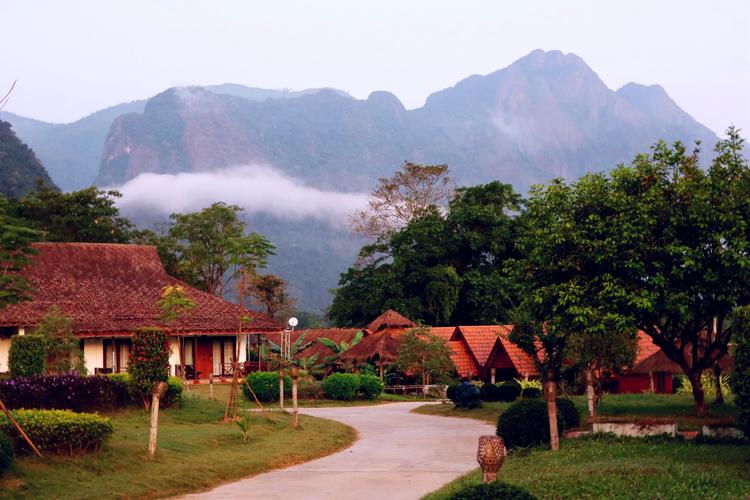India is a country that boasts of a rich cultural heritage that dates back thousands of years. The country is home to diverse cultures and has a rich history that has been left behind by various rulers over time. This heritage has contributed immensely to the development and growth of the country and has become an integral part of the Indian identity.
The significance of India’s cultural heritage lies in its ability to showcase the country’s traditions, customs, and beliefs. India is home to various ethnic groups, each with its unique cultural practices that have been passed down from generation to generation. From the colorful festivals to the traditional clothing and architecture, India’s culture has become a significant talking point globally.
Notably, India’s cultural heritage also plays a crucial role in the development of the country’s tourism sector. Tourists from all over the world flock to India to experience the rich cultural diversity of the country. India is home to several UNESCO World Heritage sites, which are a testament to the country’s cultural heritage, including the Taj Mahal, one of the Seven Wonders of the World.
Furthermore, India’s cultural heritage has contributed to the development of various industries such as handicrafts, music, dance, and cuisine. These industries employ millions of people across the country, and the skills and knowledge passed down through generations have helped these industries thrive.
However, despite the rich cultural legacy, India’s heritage is under threat due to several factors such as urbanization, globalization, and lack of awareness. Many heritage sites have been destroyed due to rapid urbanization, and traditional practices are slowly being lost with the influence of western culture.
Therefore, it is crucial to understand the significance of India’s cultural heritage and take active steps to preserve it. This can be done through community involvement, education, and promoting sustainable tourism. The government should also take steps to protect heritage sites and promote the arts and crafts of the country.
In conclusion, India’s cultural heritage is a significant part of the country’s history and identity. It has contributed to the development of various industries and plays a crucial role in attracting tourists to the country. However, it is essential to preserve and protect this heritage to ensure its survival for future generations.
(Note: Do you have knowledge or insights to share? Unlock new opportunities and expand your reach by joining our authors team. Click Registration to join us and share your expertise with our readers.)
Speech tips:
Please note that any statements involving politics will not be approved.
